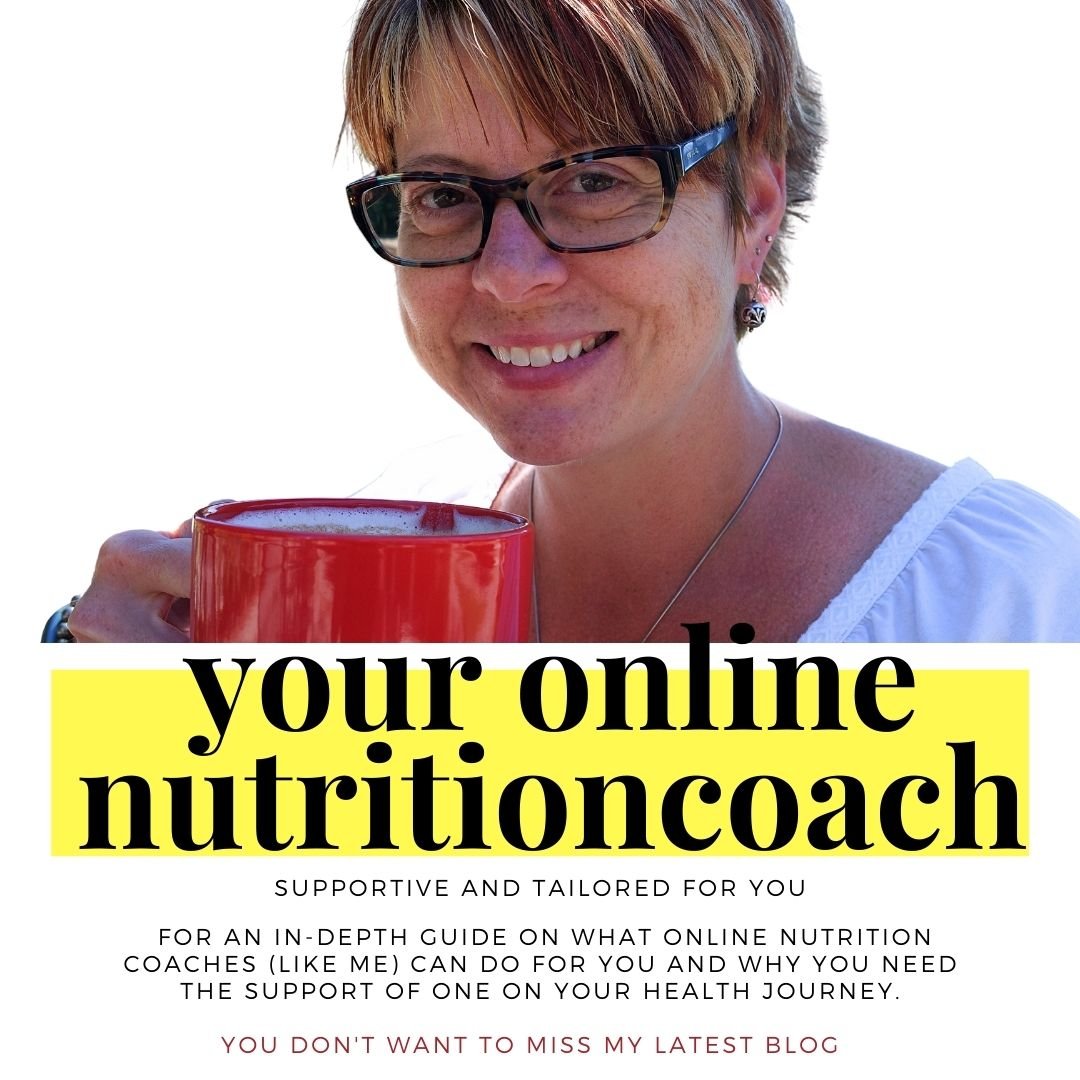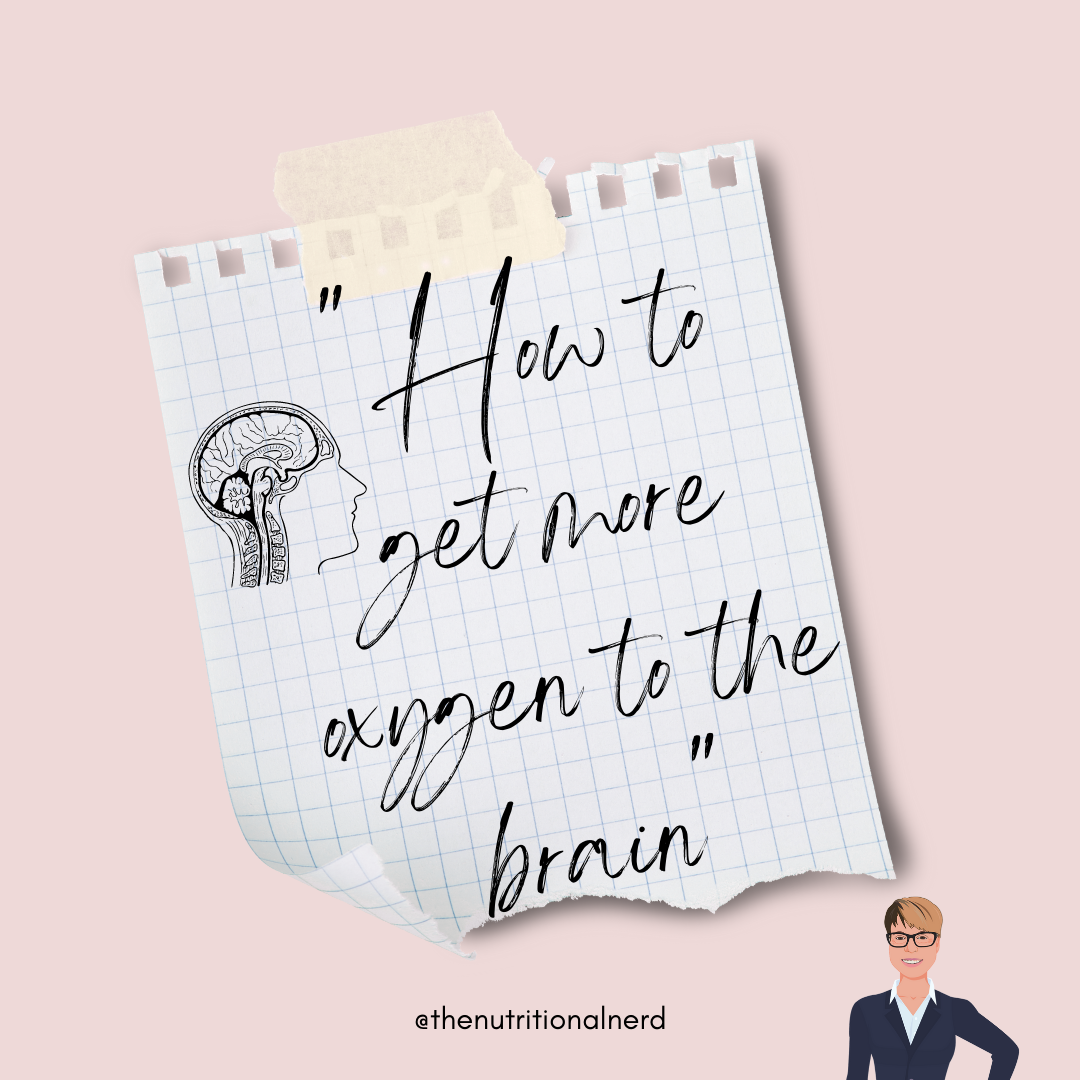Are you a coffee drinker?
Do you need coffee’s caffeine boost to help you get through the day? Or do you drink coffee because you enjoy the taste? Did you know that not all coffee is created equal?
Though it’s true there are many health benefits to coffee, it’s also important to know that coffee isn’t for everyone. So let’s start at the beginning.
Coffee is one of the most popular beverages in the world. It has also been shown to have numerous health benefits. While many people drink coffee to get a caffeine jolt, in today’s blog, we’re going to explore how coffee can improve your mental health. That’s right, there are also many potential mental health benefits associated with coffee consumption.
There are two main things that make coffee great for your health: the caffeine and the antioxidants. Antioxidants are important because they help to protect your cells from damage (oxidative stress), while the caffeine in coffee can help improve mood, cognitive function and physical performance.
So be sure to read this week’s blog to learn more about how each of these affects you and your mental health.
Read More
















